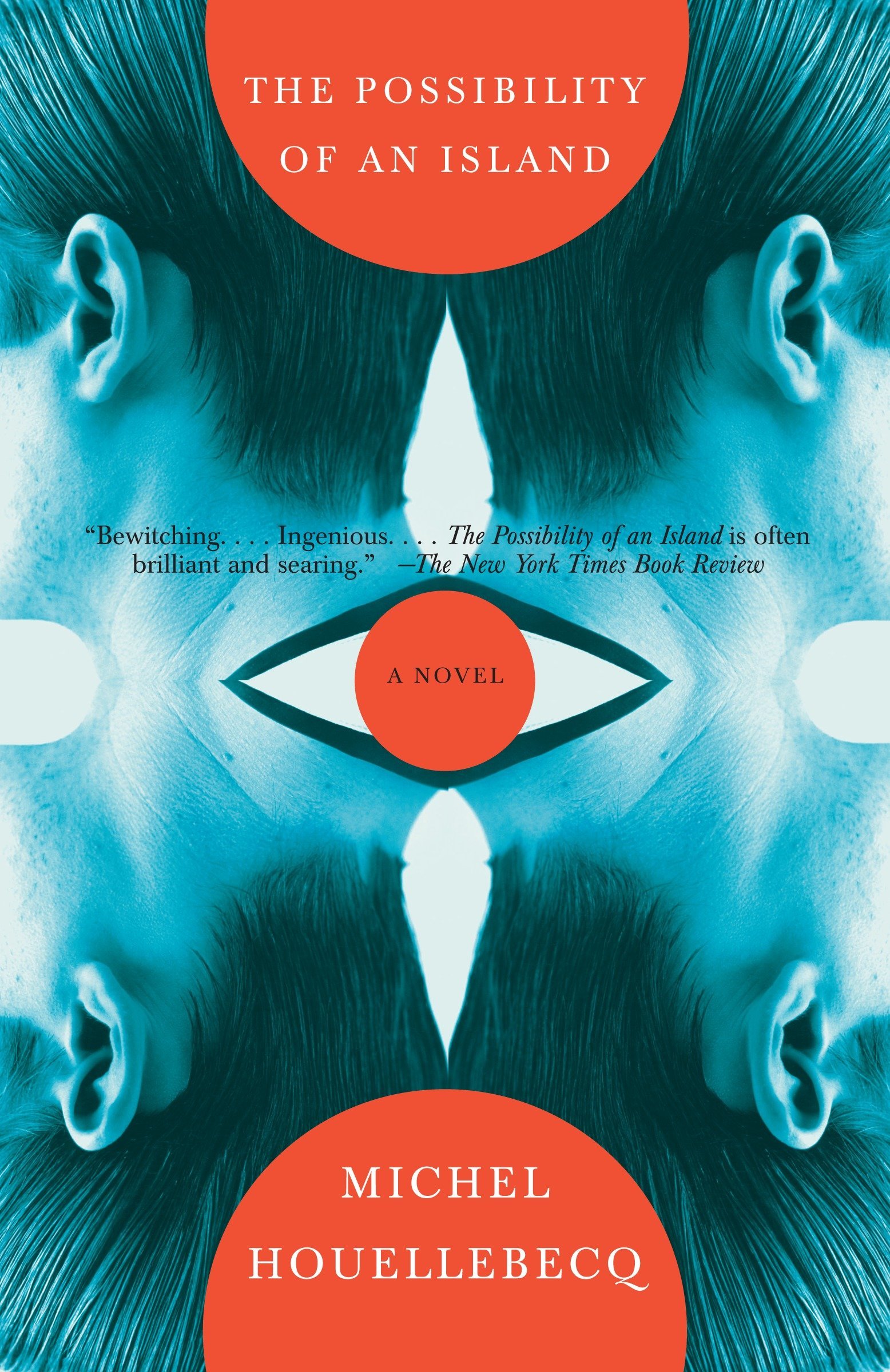France: Top Literary Awards – The Big Six
It’s peak book season in France when all the top literary awards are given out within days of each other. For French literati, it’s like the Oscars and the Olympics rolled into one. Who will enjoy the thrill of victory? Who will suffer the agony of defeat?
Like the Pulitzer Prize in the United States and the Booker Prize in the UK, France’s literary awards bring fame, prestige, and sometimes a big jump in book sales. Let’s take a look at these ‘Big Six’ awards.
The Goncourt Prize
This is the biggest of the Big Six, the oldest, and the most prestigious. Begun in 1903, the Goncourt goes to the “best and most innovative prose work of the year.”
Past winners include such notables as Marcel Proust, Simone de Beauvoir, and André Malraux.
The Goncourt jury begins by publishing a “long list” of 15 contenders, then narrowing it down to a “short list” of eight, before selecting four finalists—with each step creating buzz throughout France.

The jury then discusses the final four and votes on a winner, which is announced in early November. The announcement, made at the venerable Drouant restaurant in Paris, is a don’t-miss event that receives huge coverage in the French press.

It is said that receiving the Goncourt Prize can make an author rich, and some books have gone on to sell over a million copies—an enormous number in France. Many Goncourt winners get translated into English, so if you are searching for a great read by a French author, take a look at those who have won this most prestigious of French literary awards.
The Renaudot Prize
Begun in 1926, the Renaudot is considered France’s runner-up prize and is awarded moments after the Goncourt.
To avoid bestowing their prize on the same novel as the Goncourt, the Renaudot jury always has a backup book picked.
And sometimes they pick the better book! Céline’s Journey to the End of the Night, one of the greatest French novels ever written, was inexplicably passed over for the Goncourt.

And A Man’s Place by recent Nobel laureate Annie Ernaux, considered by some to be her finest work, also did not receive the Goncourt (though to be fair, it lost to Marguerite Duras’ masterful The Lover—it was a great year for female authors.)
The Femina Prize

When the first Goncourt prize was awarded, it caused a scandal when the favorite, Myriam Harry, was passed over by the all-male jury in favor of John Nau.
In reaction, the Femina Prize was created with an all-female jury… and promptly awarded its first prize to the overlooked Madame Harry.
The jury is still all-female but the Femina can go to both women and men and is awarded to a work of either prose or poetry. Notable winners include Marguerite Yourcenar, the first woman inducted into the French Academy.
The Grand Prize of the French Academy

These guardians of the French language award a prize to the novel “that the Academy judges the best of the year.” They have a solid track record, with laureates like future Nobel Prize winner Patrick Modiano and beloved Little Prince author Antoine de St-Exupéry.
And while members of the Academy tend to have rarified tastes, sometimes they pick a popular best-seller like Joël Dicker’s The Truth About the Harry Quebert Affair.

Interallié Award
This was created when a group of journalists was sitting around waiting for the Femina Prize to be announced. Bored, they decided to come up with their own prize and give it to a novel written by (no surprise) a journalist.
The best-known winner is Michel Houellebecq, the bad boy of French literature, for his novel The Possibility of an Island.
The Médicis Prize
The Medicis is awarded every year to an author “whose fame does not yet match his talent.” Alas, the prize rarely solves this problem and most winners remain little known.
2022 Winners
Goncourt: Brigitte Giraud, Vivre vite
Renaudot: Simon Liberati, Performance
Femina: Claudie Hunzinger, Un chien à ma table
French Academy: Giuliano da Empoli, Le mage du Kremlin
Interallié: Philibert Humm, Roman Fleuve
Médicis: Emmanuelle Bayamack-Tam, La Treizième heure
Have you read any of these books, yet? Which, if any are you keen to read? Please leave your comments below.
Image Credits
Marcel Proust: Wikipedia, public domain
Press conference: Goncourt website
Journey to the End of the Night: Amazon
Marguerite Yourcenar: Wikipedia, Creative Commons License attribution Bernhard De Grendel
French Academy: from their website
The Possibility of an Island: Amazon






